Imagine a world where airports and border crossings are smarter, faster, and more secure. That’s where we’re headed in 2025. Fueled by evolving technology and heightened global security needs, border checks will rely on tools like biometric scans and automated systems.
These changes aim to make travel smoother but come with new procedures you’ll need to prepare for. Whether you’re a seasoned backpacker or planning your first solo trip, understanding what’s ahead will help you navigate your journey with ease.
This article will discuss how:
- Advancements in biometric technology are streamlining border checks and improving security measures.
- Automated systems are replacing traditional methods, making cross-border travel more efficient.
- New procedures and requirements may emerge, requiring travelers to stay informed and adaptable.
- Increased reliance on technology raises questions about data privacy and security.
- Preparing for future travel trends will ensure smoother journeys and fewer surprises at checkpoints.
By keeping these points in mind, travelers can better prepare for what to expect at airports and border checks in 2025.
Emerging Technologies in Airport Security
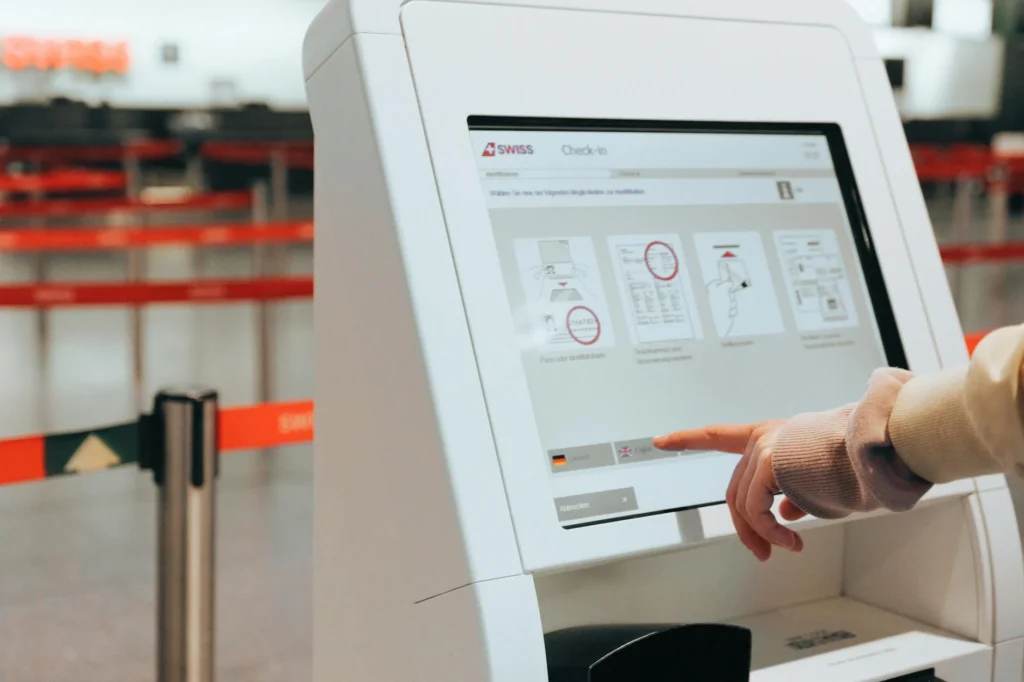
The future of airport security is closer than you think. Modern advancements are transforming how passengers move through checkpoints, making the experience both faster and safer. From facial recognition to AI-powered surveillance, these innovations aim to redefine travel by 2025.
Biometric Screening and Facial Recognition
Biometric scanning is rapidly gaining traction as a method to streamline identity verification during travel. Airports worldwide are adopting facial recognition technology for tasks like passport control and boarding. For example, the European Union recently implemented biometric systems for smoother cross-border transitions. This transition is significant for travelers, especially those from the UK who are already adapting tobiometric checks in Greece.
Current systems scan your face or fingerprints, linking the data directly to your travel documents. This means no more fumbling through your bag for a passport—you become your own boarding pass. However, the speed comes with concerns about data security and privacy, which are issues travelers should stay informed about.
Automated Document and Security Checkpoints
Waiting in line may soon be a thing of the past. Automated kiosks are rolling out at airports to handle tasks like visa verification and bag scans. These stations allow travelers to self-scan their passports and visas, significantly reducing processing times.
Additionally, automated bag scans are becoming smarter. Advanced machines can now identify restricted items without requiring manual intervention. It’s a win-win for both passengers and airport staff as it cuts down on human error while reducing bottlenecks in crowded terminals.
AI-Driven Security Surveillance
Artificial Intelligence is becoming the watchful eye of airport security. Modern systems are now able to analyze live security feeds in real-time, identifying unusual behavior or potential threats before they materialize. AI takes on the role of a digital detective, piecing together patterns that human operators might miss.
However, this technology raises an essential dialogue about privacy. AI systems collect and store vast amounts of personal data, which may make some travelers uneasy. Balancing security needs with civil liberties will be crucial for ensuring the safety of passengers without overstepping boundaries. Travelers should always be aware of these advances and their implications.
Stay tuned as these technologies continue to evolve, shaping the way we experience airport security.
Impact on Different Passenger Categories
As airports adapt for 2025, changes are designed to make the travel experience easier for everyone. From large families to solo travelers with disabilities, these updates focus on efficiency and inclusivity. Here’s a closer look at initiatives aimed at key groups.
Simplified Processes for Families and Groups
Traveling as a family or in a group can often feel like a logistical exercise. By 2025, airports are adding services to keep these challenges to a minimum. One major change? Dedicated screening lanes specifically designed for families traveling with young kids or large groups needing extra time to organize.
Here’s how these updates will impact families and groups:
- Dedicated Check-In Counters: Separate counters for group check-ins make dropping bags and getting boarding passes easier.
- Priority Lanes: New family-focused security lanes allow for a slower pace, ensuring no one feels rushed while juggling strollers, snacks, and boarding passes.
- Tech-Integrated Tools: Mobile apps or kiosks for group reservations may help consolidate efforts, from seat selections to fast-pass security.
These features, combined with user-friendly designs like wider lanes and stroller-friendly ramps, aim to create a stress-free experience.
Tailored Assistance for Individuals with Disabilities
Inclusive travel is more than a promise—it’s becoming a priority. Airports are stepping up to offer accessible solutions for individuals with disabilities, ensuring seamless navigation.
Here’s what to expect:
- Biometric Kiosks: Accessibility-oriented kiosks with adaptable designs, like lower screens and voice commands, make check-ins easier for wheelchair users.
- Sensory Rooms: Quiet spaces are being integrated into terminal designs for passengers with sensory needs, such as autism or anxiety disorders.
- Personnel Training: Staff members equipped with specialized training will offer tailored assistance, from wheelchair aid to sign-language communication.
In the coming years, airports are set to break barriers, making sure every traveler, no matter their circumstances, feels welcome and supported.
Evolving International Travel Regulations
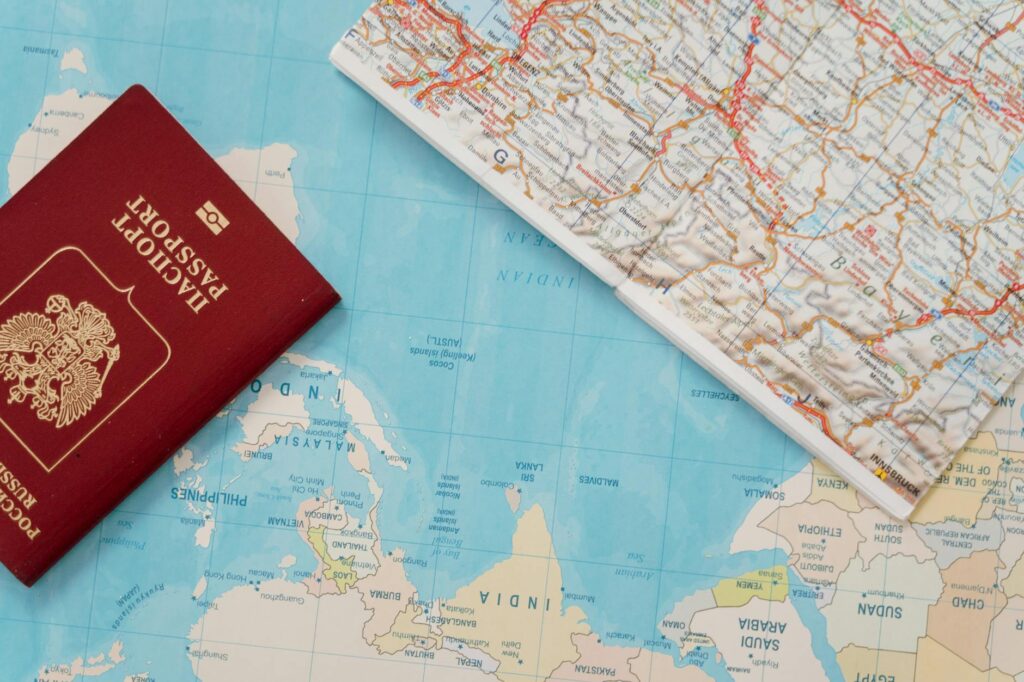
As global travel evolves, so do the rules and processes that guide it. By 2025, changes in visa requirements, health protocols, and customs procedures will reshape how travelers interact with airports and border checkpoints. Staying informed and adaptable will be crucial for smooth journeys ahead.
Stricter Visa Requirements and Processes
Planning an international trip? Get ready for more demanding visa procedures. Many countries are bolstering their visa policies in response to security concerns and geopolitical shifts. For travelers, this means stricter background checks, mandatory online applications, and, sometimes, in-person interviews.
To navigate these changes, preparation is key. Follow these steps for a stress-free visa application process:
- Apply Early: Submit your application weeks or even months in advance, as processing times may vary.
- Stay Updated: Always check for the latest visa information on your destination’s official government website.
- Proof of Onward Travel: Some countries now require documented proof of your travel plans.
- Organize Paperwork: Maintain a well-organized folder of required documents like bank statements, hotel bookings, and return flight tickets.
Strict visa regulations may seem overwhelming, but with some preparation, you’ll breeze through.
Health and Safety Protocols Post-Pandemic
The COVID-19 pandemic has reshaped how health and safety are handled in travel. Even years later, its impact lingers. Travelers should expect continued health screenings and country-specific travel advisories.
So, what could 2025 look like at airports?
- Mandatory Health Declarations: Many nations now require travelers to submit health forms before arrival, either through apps or paper versions.
- Temperature Screenings: These may remain commonplace at busy hubs.
- Vaccination Proofs: Carry digital or printed vaccination records as some destinations may still mandate them.
Staying healthy while traveling is a shared responsibility. Pack essentials like sanitizers, masks, and travel-size first-aid kits.
Customs Procedures and Duty Regulations
Customs processes are another area seeing heightened scrutiny. By 2025, travelers may need to be even more meticulous about declarations and duty allowances.
Here’s how to handle customs like a pro:
- Know Your Limits: Familiarize yourself with duty-free allowances specific to your destination.
- Declare Honestly: Items like food, alcohol, and electronics may need to be declared. Avoid hefty fines by being upfront.
- Save Receipts: Keep copies of purchase invoices for items you’re bringing into or out of the country.
Practical Tips for Navigating Airport and Border Checks in 2025
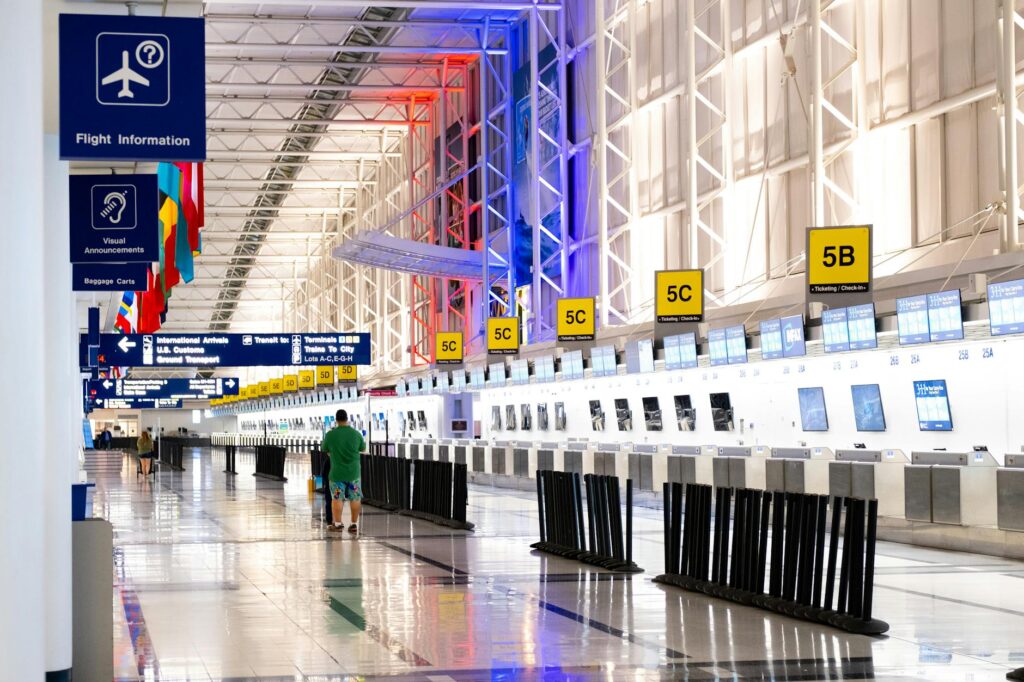
Navigating airports and border control in 2025 doesn’t have to be stressful. With smarter technologies, streamlined processes, and a little preparation, the experience can be smoother than ever. Whether you’re a first-time traveler or a seasoned adventurer, these practical tips will help you avoid potential delays and hiccups. The key? Preparation, timing, and leveraging technology effectively.
Preparing Documents in Advance
One of the easiest ways to avoid delays at the airport or border is to prepare your documents well beforehand. Think of it like building your foundation for a smooth trip—it sets you up for success. Start by organizing essentials such as your passport, boarding pass, visa (if needed), and any required vaccination proofs.
Here’s how you can ensure quicker processing:
- Use Document Organizers: Invest in a travel document wallet to keep everything in one place.
- Double-Check Requirements: Some countries have specific needs, like proof of onward travel or digital health declarations.
- Make Digital Backups: Snap photos of your important documents and email them to yourself for easy emergency access.
Arriving Early and Knowing the Layout
Timing is everything when it comes to traveling. Arriving early doesn’t just give you peace of mind; it also gives you time to handle unexpected delays like long security lines or gate changes. Think of it as your “buffer zone” in an often unpredictable environment.
Steps to Make This Easier:
- Research Your Airport Online: Most airports have maps and terminal layouts available on their websites.
- Plan for Traffic or Transit Delays: If you’re traveling to a busy hub, budget extra time for transportation hiccups.
- Check the Airport’s Facilities: Knowing where things like restrooms, dining, or lounges are can save precious minutes.
Using Technology for a Hassle-Free Experience
The travel tech available in 2025 is your best ally for a smoother journey. Gone are the days of relying solely on paper and hope—now, apps and tools can optimize nearly every touchpoint of your trip.
Top tools to have on your phone:
- Flight Tracking Apps: Get real-time updates on delays, gate changes, and cancellations from apps like FlightAware.
- Digital Wallets for Documents: Platforms like Google Drive or Apple Wallet allow you to securely save travel documents.
- Health Apps: Some airports require you to use software for health declarations—stay ready by downloading before you leave.
By staying organized, arriving early, and leaning on smart tech, you’ll sail through airports and border checks with confidence.
Final Thoughts
Airports and border checks in 2025 will bring faster processing and enhanced security, making travel more efficient. By staying informed about changes like biometric systems or stricter visa rules, you’ll navigate with ease.
- Research visa and entry requirements for your destination well in advance to avoid last-minute surprises.
- Download relevant travel apps, including flight trackers, health declaration tools, and digital wallets for document storage.
- Arrive at the airport early to allow time for biometric checks and other potential new procedures.
- Keep all essential documents, such as passports and boarding passes, easily accessible and backed up digitally.
- Stay updated on airport-specific regulations and changes by regularly checking official websites or contacting your airline.
Adaptability and awareness are essential. With the right mindset and preparation, these advancements will enhance, not complicate, your travel experience.

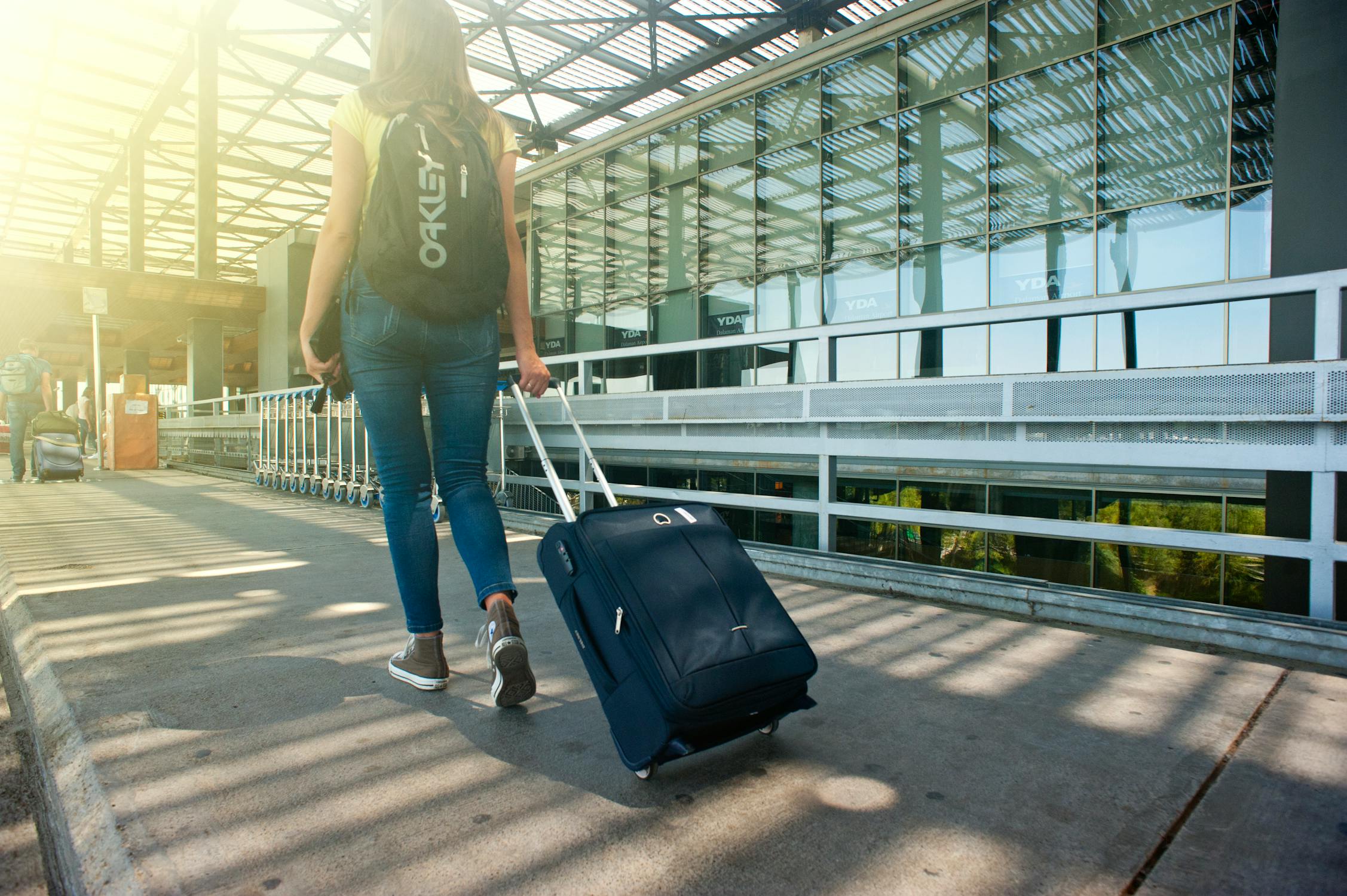


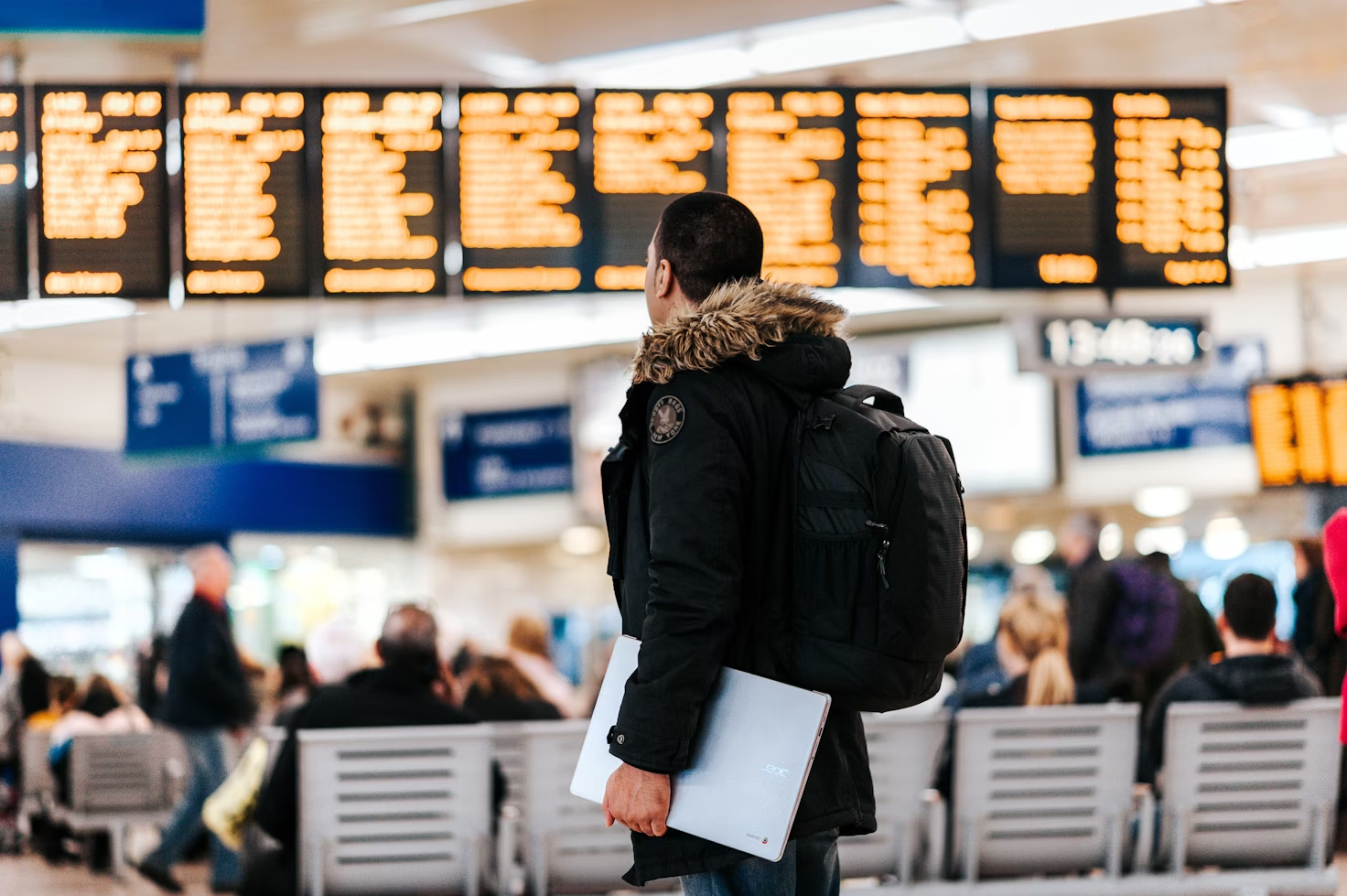

1 Response
psyild